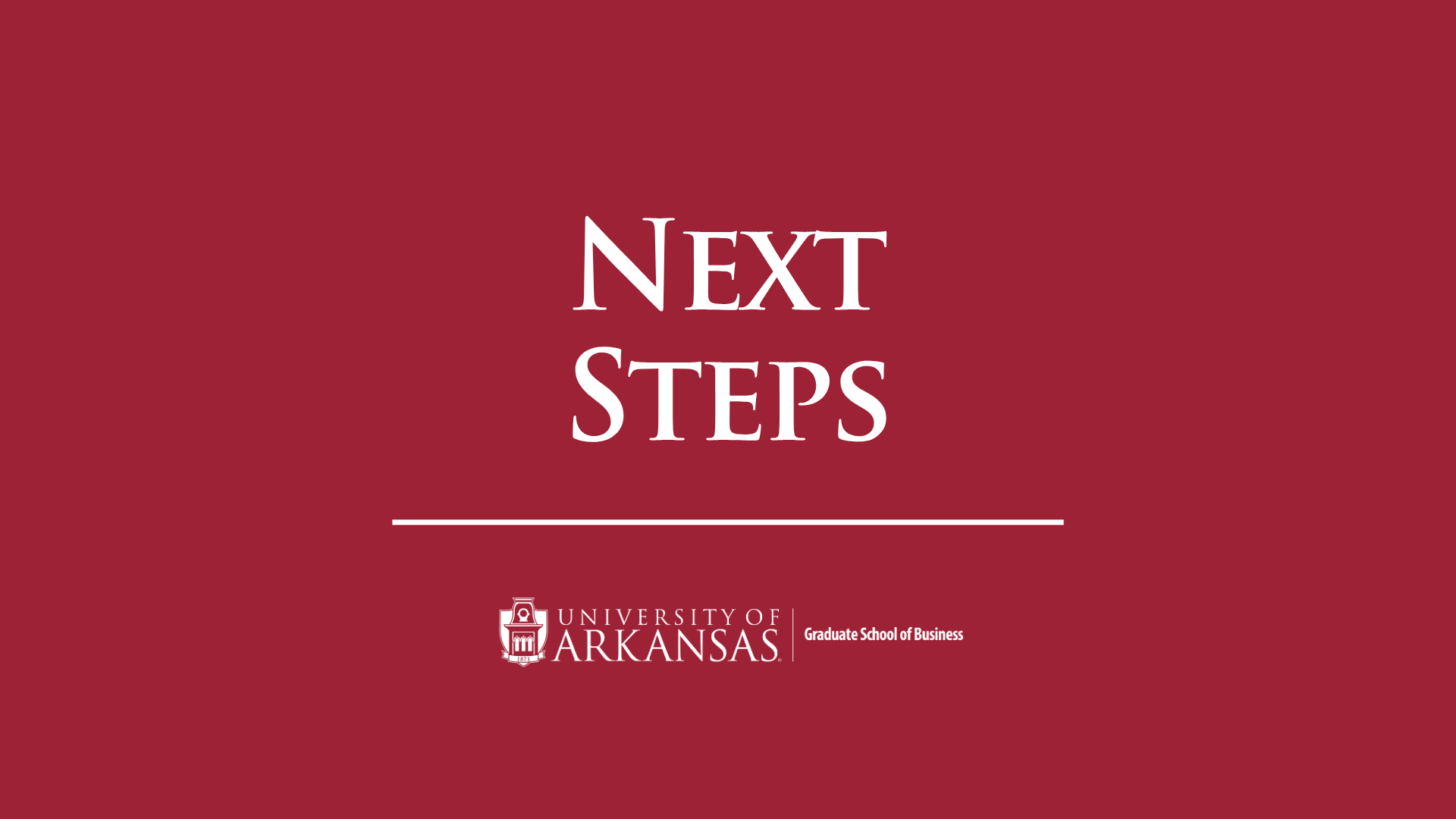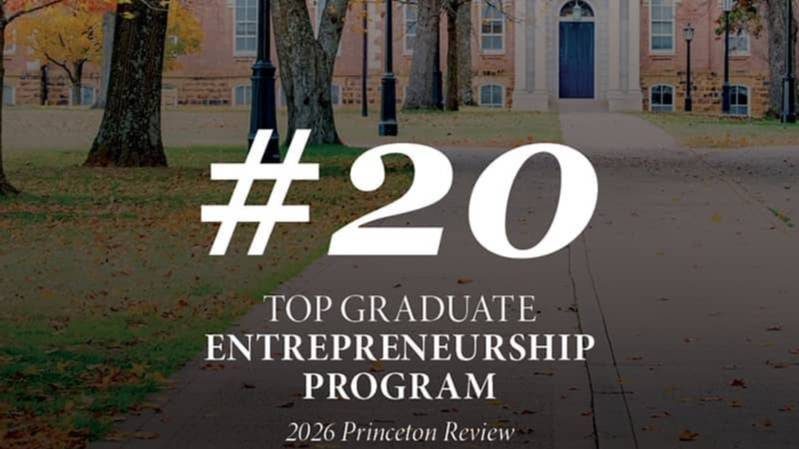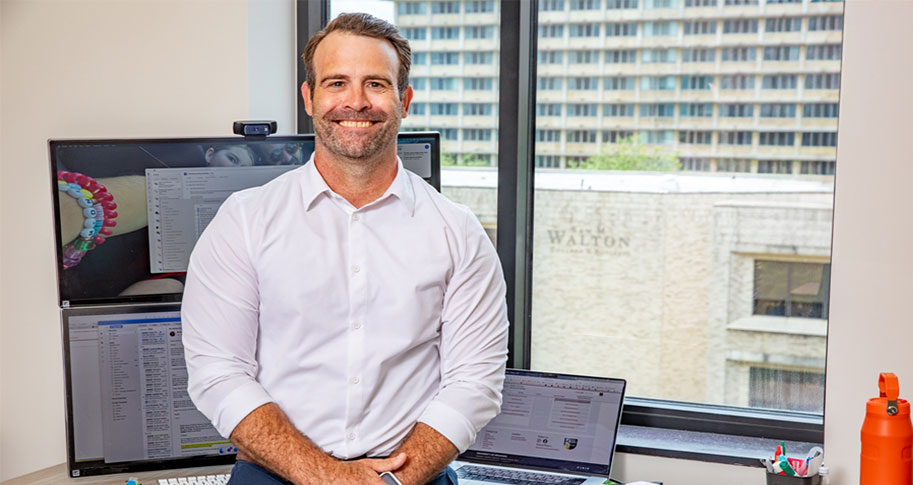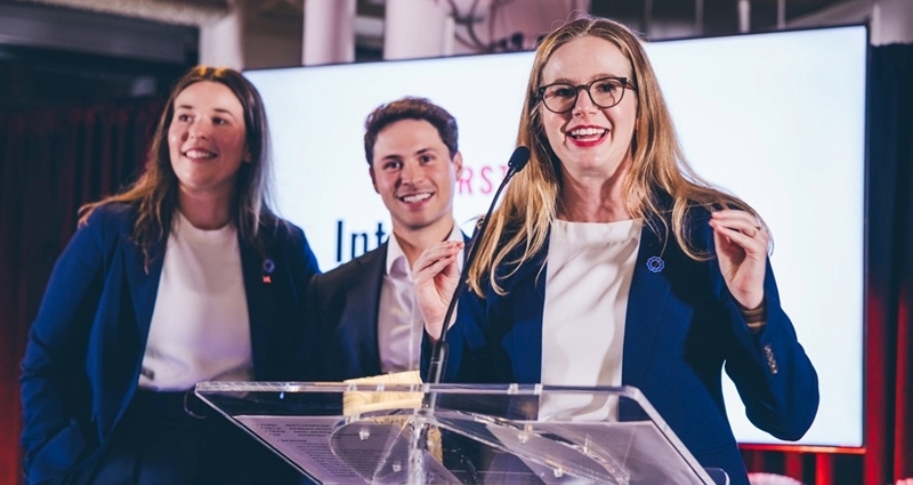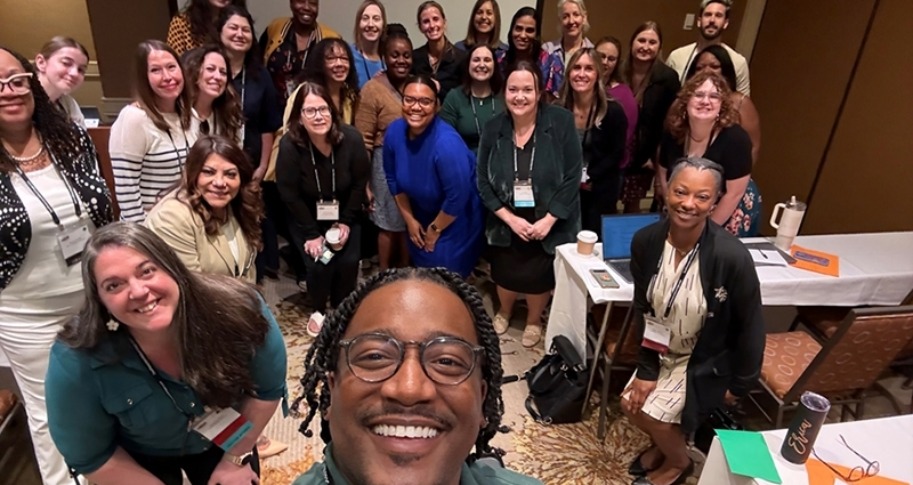To obtain the Master of Science in Product Innovation degree, students must complete
the following 30 hours of coursework.
Core Courses
SEVI 52103: Business Foundations for Entrepreneurs
Introduction to the fundamental business concepts an entrepreneur needs to know to
evaluate and launch a successful new venture. Topic areas include recruitment, selection,
motivation and management of employees, market analysis and the marketing mix, financial
strategies and accounting for funds, economic considerations, and the management of
operations.
SEVI 54303: Legal, Social and Economic Context for Product Innovation
In this class, we will cover a variety of issues important to product development,
including intellectual property and liability issues, industry and competitor analysis,
supply chains and sales channels, and social and environmental issues. The course
will combine readings guest lectures, and project work that applies concepts to the
students' specific projects.
SEVI 54403: Principles of Product Design and Prototyping
Principles of Product Design and Prototyping develops foundational skills in product
design, including hands-on experimentation with digital design and prototyping tools
(e.g. Autodesk, Solidworks, Adobe). This course will pair readings, lectures, and
hands-on mini-workshops to build confidence and capability in product design in the
context of the student' own ideas.
SEVI 52403: Product Management
This course presents an integrated overview of the field of product management. Through
this interactive course, students will be able to take organizational innovation ideas
formed in the pre-requisite Human Centered Design course to the next level by learning
and implementing the fundamentals of product management which included improving technical
acumen, strategy development, business modeling, product market fit, understanding
OKR's, EPIC's, and Retrospectives.
SEVI 52303: Human-Centered Design
This course will serve as a highly hands-on experience through the human-centered
design process, organized around the following modules: design research, problem identification,
concept generation and creativity, prototyping, testing, communication and visualization.
Within this course, students have the structure and space to be collaborative, creative,
and agile, enabling them to rapidly design viable solutions for their organizational
partners. (Typically offered: Irregular)
SEVI 58603: Experimental Product Analtyics
This course is designed to enhance students’ data fluency as related to product testing
and development in both the pre-market validation and post-market optimization phases,
thereby closing the loop on new product development. The course focuses on A/B design,
testing, and data interpretation. It places a strong emphasis on the scientific method
of hypothesis testing using artificial intelligence.
SEVI 58703: Storytelling & Stakeholder Management1
This course is a master class on influence and the art of the pitch, to executives
and investors. Students will learn communication skills in storytelling, smart brevity,
and meaningful metrics and analytics that support decision making. In addition, students
will learn how to create slide decks with high impact visuals. Finally, students will
learn interdisciplinary leadership skills and networking that generate buy-in across
functions like engineering and design, and a range of other stakeholder groups.
ISYS 53203: Development with Digital Innovations
This course exposes graduate business students with the ever evolving environment
of modern software development. Using a hands-on approach to exploring modern software
development tools and techniques students will learn how to conceptualize, design,
and implement software product prototypes using a variety of emerging technologies.
Students will gain understanding of how to evaluate digital innovations for inclusion
into an ever-evolving software development environment to help accelerate development.
Skills will focus on providing students the ability to quickly design and implement
functional prototypes for business use-cases while exploring the introduction of innovations
in the market.
Practicum Requirements
SEVI 58803: Venture Creation Lab2
A capstone project that equips students with the entrepreneurial skills to develop
a new venture. Students have the unique opportunity to build on product ideas developed
earlier in the program. Using lean startup methodologies, students will conduct market
analyses, develop the product or service offering, and design the business model with
cohesive go-to-market and human and financial strategies. The course emphasizes crafting
impactful pitches, actionable business plans, and a range of financing methods including
bootstrapping, government grants, and more formal investment strategies.
SEVI 58903: Enterprise Innovation Lab
A hands-on, team-based course in which students partner with real companies to tackle
complex problems at scale. Each team is assigned a challenge and must identify, size,
and prioritize the underlying problem before designing solutions. Guided by faculty
experts and industry mentors, students create customized deliverables and project
timelines that directly advance sponsor goals. The course emphasizes innovation frameworks,
user insights, product roadmaps and cross-functional collaboration to deliver tangible
solutions with measurable business impact. 1 SEVI 54103 New Venture Development II may substitute for SEVI 58703 Storytelling
& Stakeholder Management with prior program Director approval.
2 SEVI 53203 New Venture Development I may substitute for SEVI 58803 Venture Creation
Lab with prior program Director approval.
Program Overview
The Master of Science in Product Innovation will prepare students to usher new products
from the idea through the commercialization phases within existing companies or in
new ventures. The program aims to equip students with the knowledge, skills, and abilities
to improve the probability of commercial success for innovative new products and services.
The degree will consist of a 1-year or a 2-year, 30-hour program that includes full
summer, fall and spring terms. Classes will meet online during the week and one Saturday
per month at the University of Arkansas campus in Fayetteville.
Product/Venture Practicums
Students will choose a project-based practicum related to some aspect of new product
development - developing a new product, building a product-focused business, or working
with an existing brand to advance their product portfolio - with the support of faculty
experts and mentors from various industries, such as outdoor recreation, biodesign,
digital products, and others. The small cohort size of each group enables students
to have a high level of engagement with faculty and project sponsors, ensuring a more
customized learning experience for a variety of professionals. Students also have
the opportunity to participate in a product incubator program and test new product
concepts and prototypes.
- Product Development Practicum – The self-paced practicum experience will be in partnership
with a project sponsor in the industry of the student’s preference. With a faculty
advisor and project sponsor, the student will develop customized deliverables and
timeline to advance the product development goals of the sponsor organization.
 Schedule a Time to Talk
Schedule a Time to Talk  Apply for this Degree Program
Apply for this Degree Program 







